
In Venezuela, 34% of youth are not in school due to conditions of poverty. Venezuela is also currently suffering from a serious educational crisis where many teachers are not working and schools are only open two to three days a week. Salesian missionaries continue their work in the country despite volatile conditions. They aim to provide education, workforce development and social development services to poor youth and their families.
The Salesiana de Barinas Center, as it is known in the area, began as an agricultural school in Naguanagua, in the state of Carabobo, in 1934 and moved to the western plains of Barinas in 1984.
The center offers its students an opportunity to combine theory with practice. The young students learn through a hands-on approach and learning in a classroom. They are able to take their classroom skills and put them directly to work on the farm fields that are a part of the center. Students take theoretical and practical courses in greenhouses, growing vegetables, cereal crops, gardening, breeding, animal husbandry and veterinary sciences, and dairy products.
The mission of the school is to provide young farmers with a basic education as well as advanced studies in the latest agricultural practices and modern technologies, while moving toward efficiency in farming by exploring and testing new techniques in agriculture, horticulture, floriculture and animal husbandry. Salesian missionaries hope the agriculture degree program will entice more local youth to choose agriculture as their long-term livelihood.
The Maria Auxiliadora Popular Technical School, located in Altamira in the Chacao municipality of Caracas, has improved the learning environment for students thanks to donor funding from Salesian Missions. Funds were used for upgrades including the purchase of equipment for specific tools for nursing, such as anatomical models.
Funding also supported technology equipment for classes in accounting and administration. These acquisitions have had a positive impact on 355 students, expanding their technical and digital skills. Additional funding was allocated for the adaptation of spaces for students to connect with the labor force under the supervision of specialist teachers.
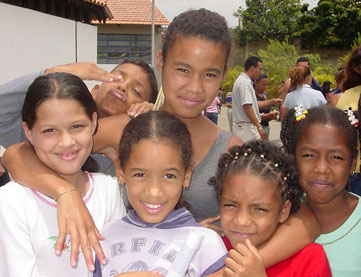
From Venezuela

From Venezuela

Turmoil in Venezuela* is forcing many of its citizens to seek asylum in neighboring countries. For those who remain, daily life is marked by harsh and unforgiving conditions. Poverty and hardship are constant realities and earning
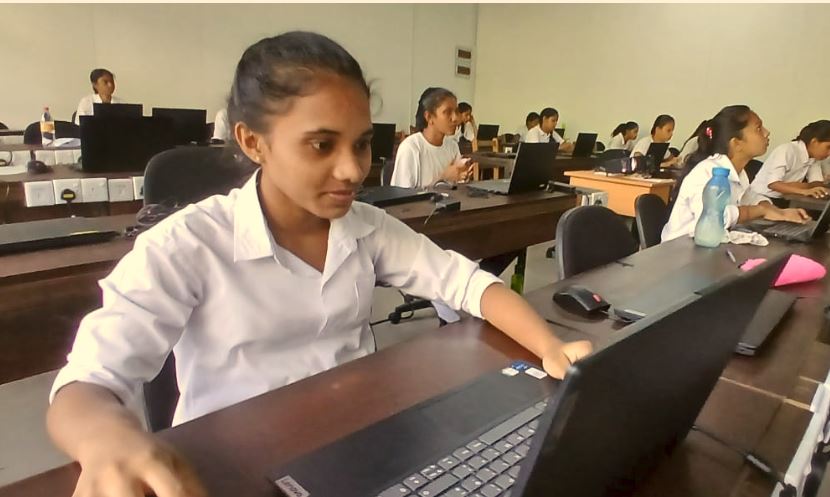
Salesians offer more than 1,000 vocational, technical, professional and agricultural schools. NEW ROCHELLE, N.Y. (July 15, 2025) Salesian Missions, the U.S. development arm of the Salesians of Don Bosco, joins humanitarian organiz
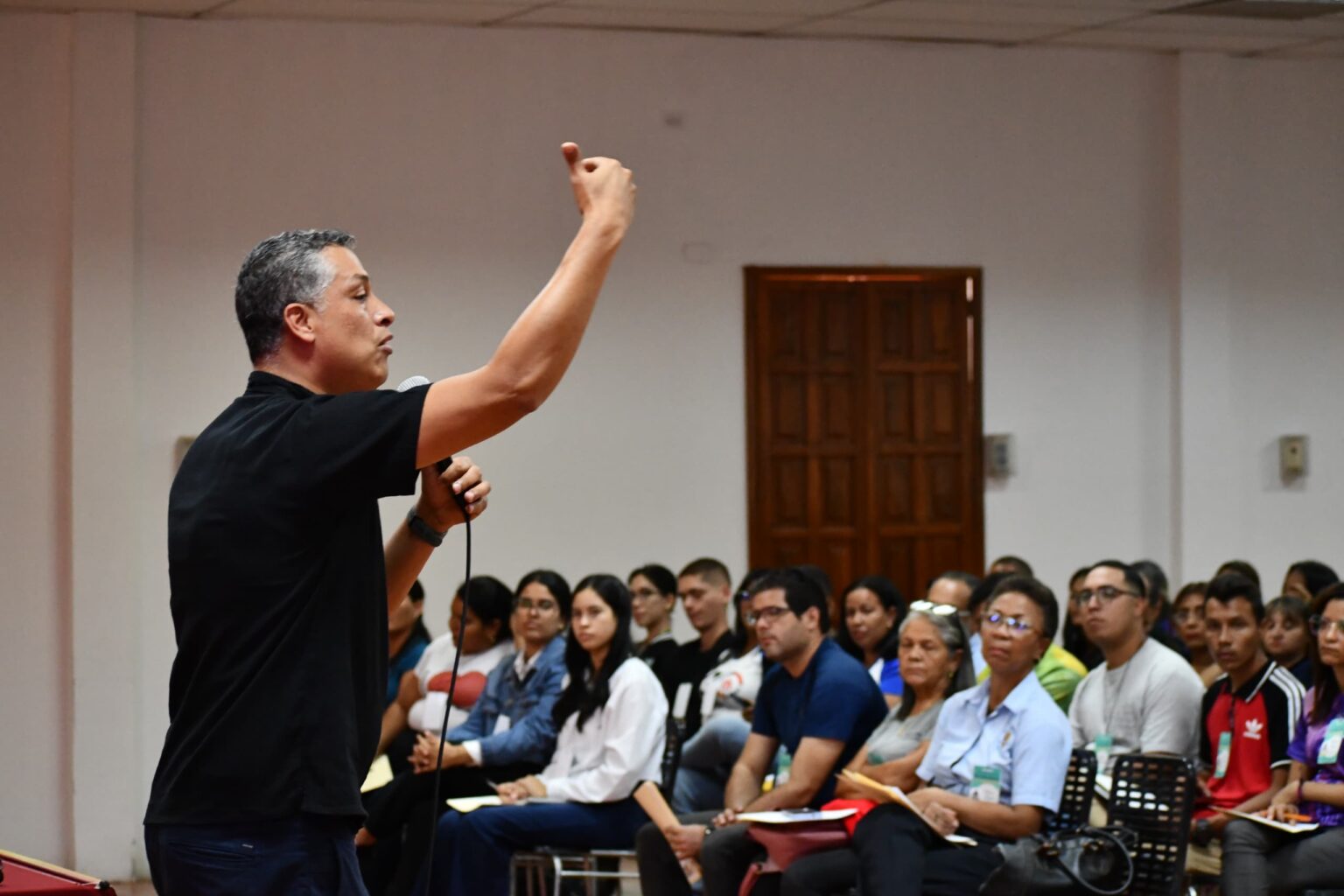
Participants deepen commitment to ongoing education for youth. NEW ROCHELLE, NY (July 15, 2025) Salesian missionaries with the Province of St. Lucas in Venezuela* were able to provide training on the “Bosco Way Walking with Don
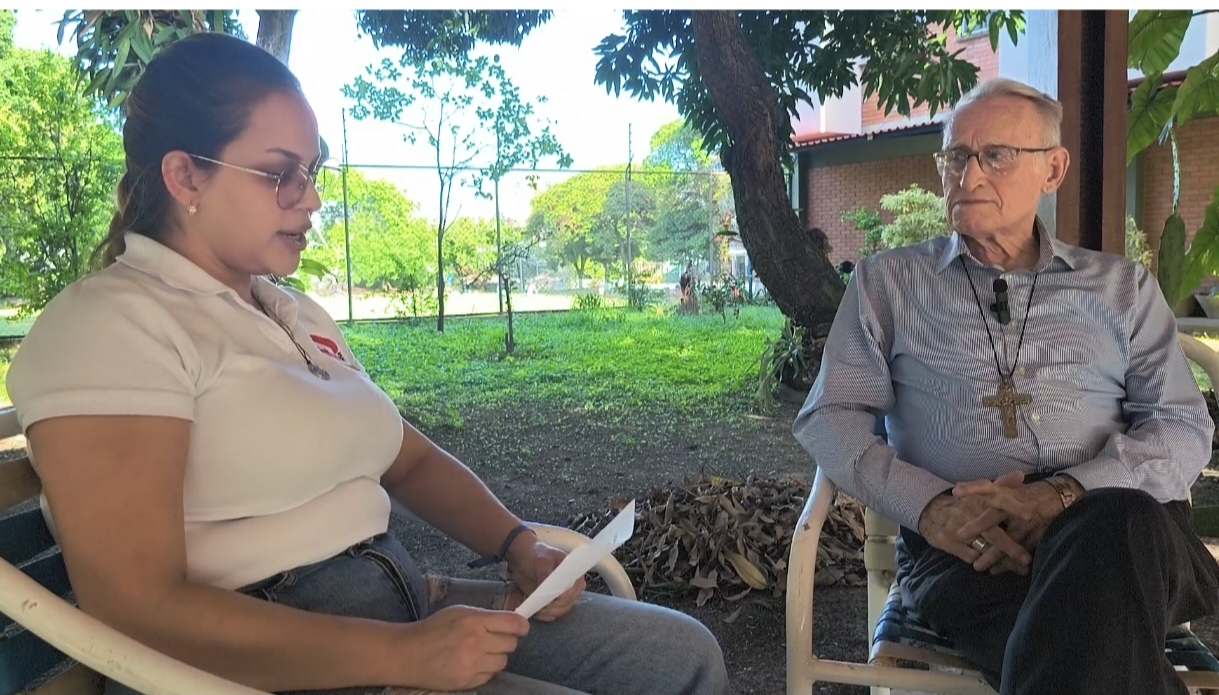
125 people benefit, including youth in formation. NEW ROCHELLE, NY (June 25, 2025) Salesian missionaries in Venezuela* were able to cover a portion of the Salesian medical insurance thanks to donor funding from Salesian Missions,
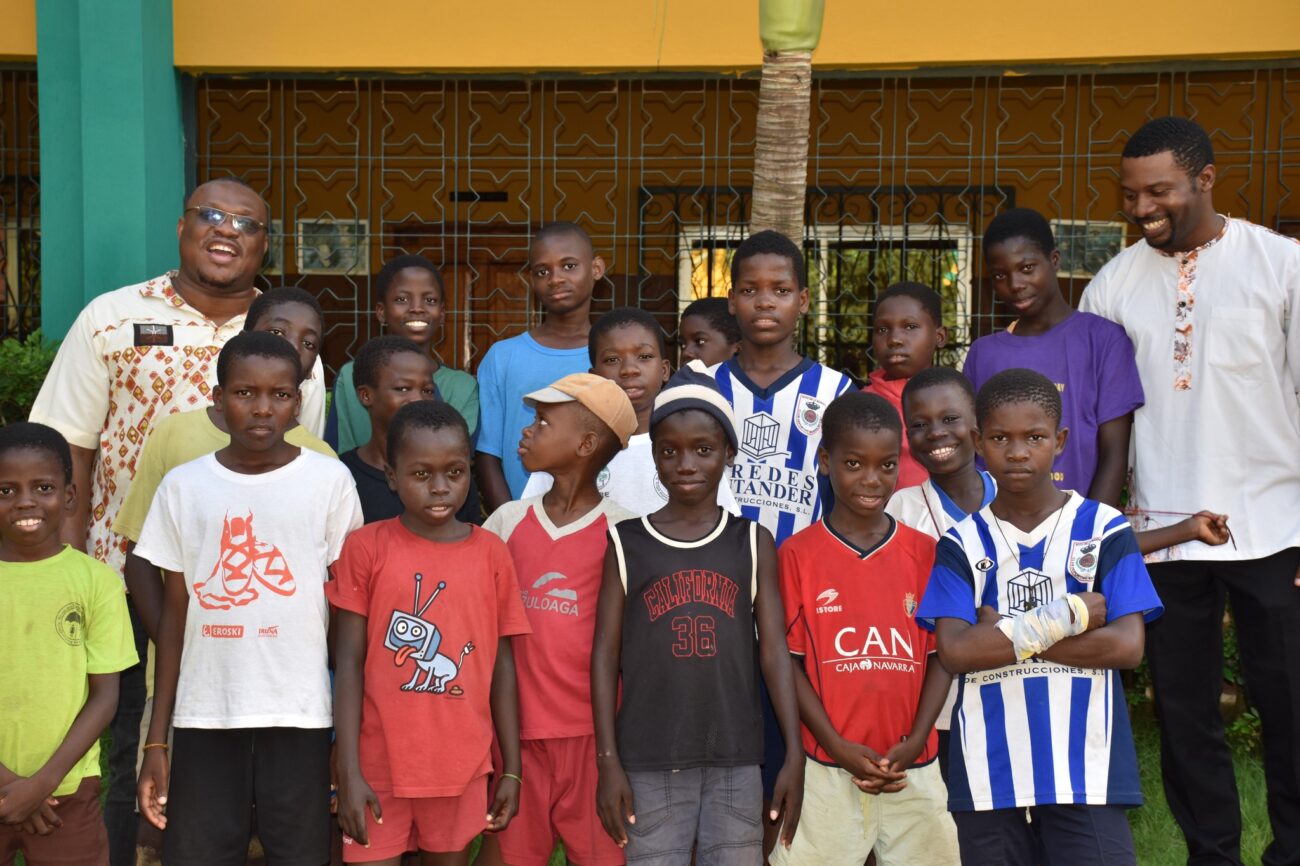
Salesian programs rescue children from labor, ensure they have their needs met. NEW ROCHELLE, NY (June 12, 2025) Salesian Missions, the U.S. development arm of the Salesians of Don Bosco, joins humanitarian organizations and the i
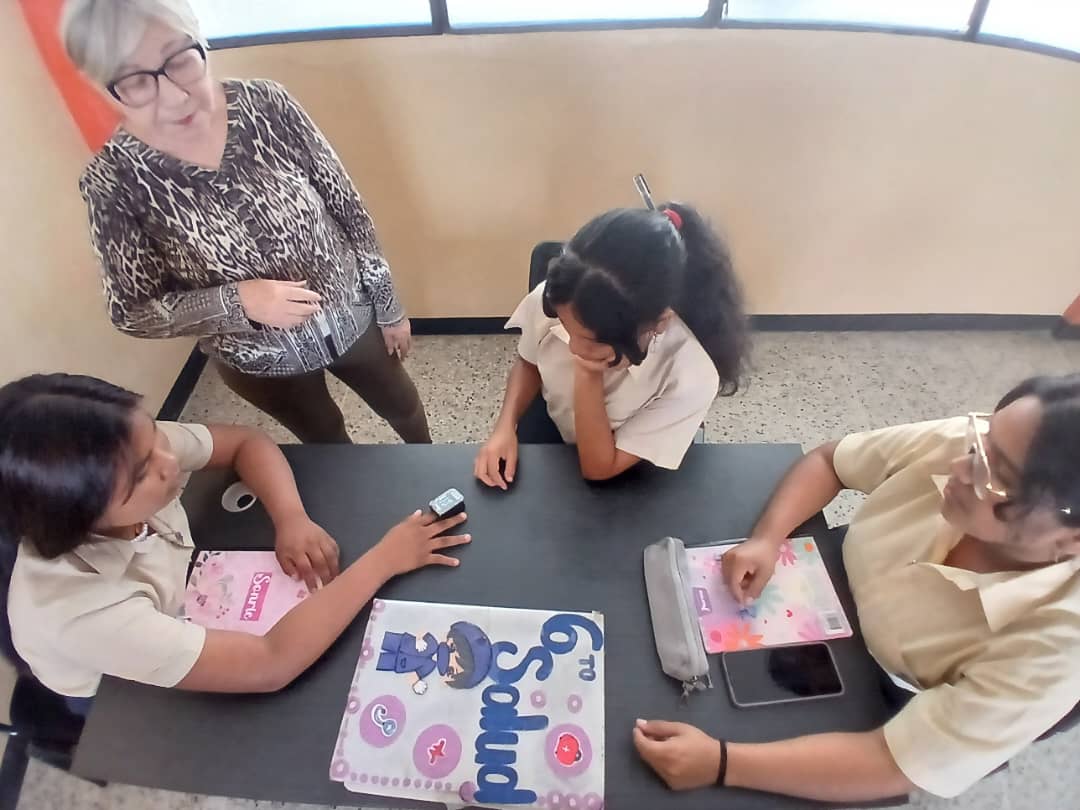
Salesian missionaries establish primary, secondary and vocational schools in poor, remote places. NEW ROCHELLE, NY (March 28, 2025) Top of Form Salesian missionaries are working to fill the gaps in education for youth living in co

Students gain experience with new equipment, expanded internship opportunities. NEW ROCHELLE, NY (March 10, 2025) The Maria Auxiliadora Popular Technical School, located in Altamira in the Chacao municipality of Caracas, Venezuela
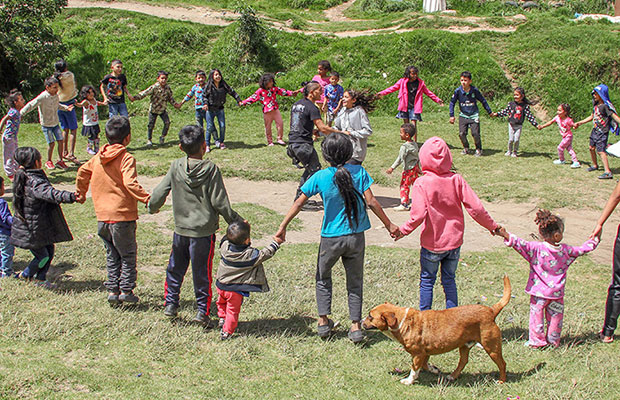
Living his life’s vocation on the streets of Turin, Italy, John Bosco never refused to help a poor child in need. To him, every marginalized and exploited young person deserved equal opportunities for education and employment. O
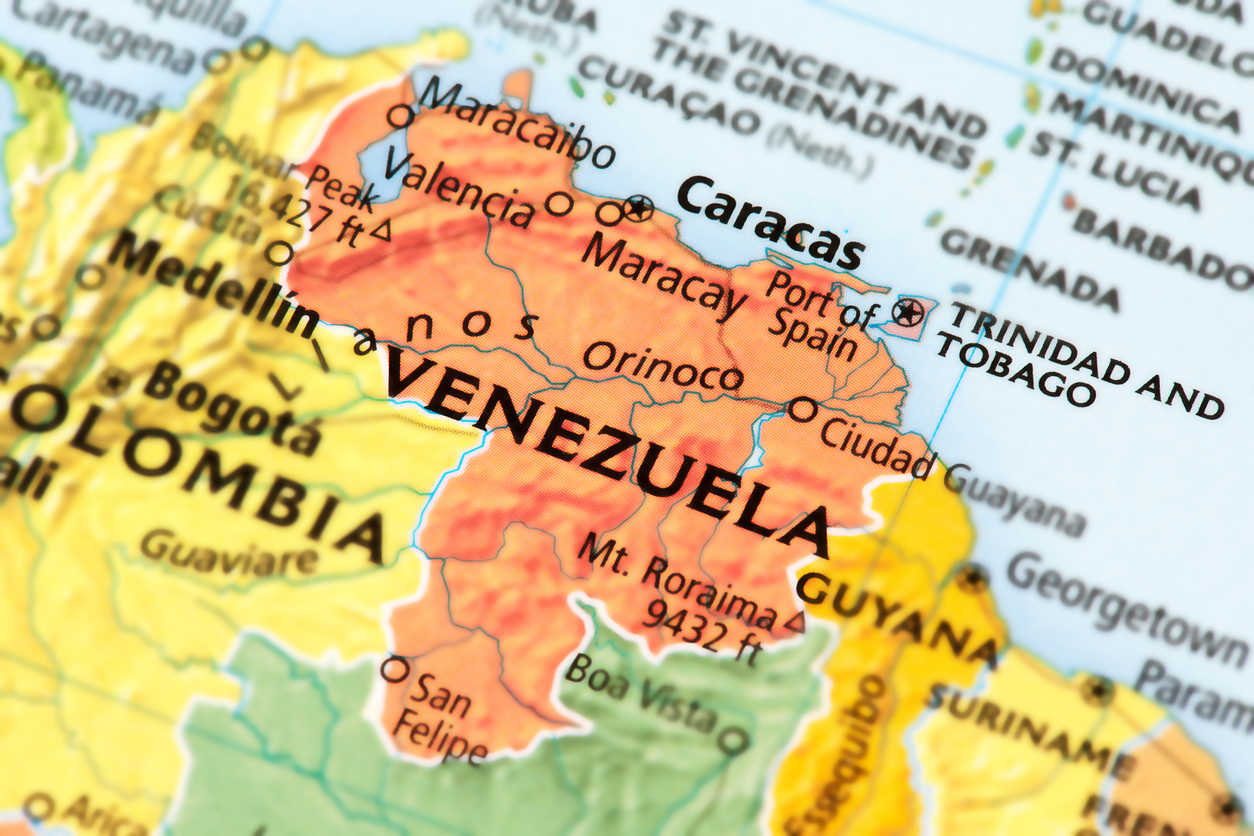
Salesian Provincial House staff members benefit from support amid economic crisis. NEW ROCHELLE, NY (May 20, 2024) The San Lucas Salesian Provincial House, in the San Lucas Province of Venezuela*, was able to help support the stab
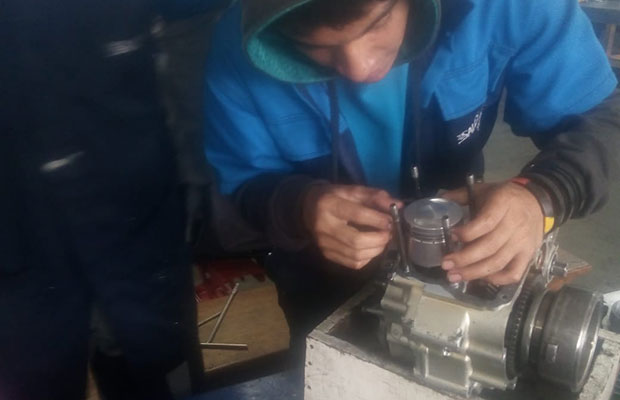
Growing up in Venezuela hadn’t been easy for young Francis—and it’s no wonder. Pummeled by skyrocketing inflation and the country’s relentless economic crisis, he and his family struggled just to eat most days. Getting an
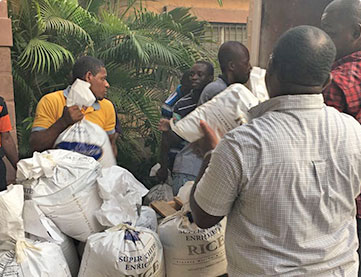
Salesian Missions includes agriculture in its vocational training programs – to ensure that youth of Rwanda learn better agricultural practices as well as keep the school self-sustaining in the face of the country’s food shortages.
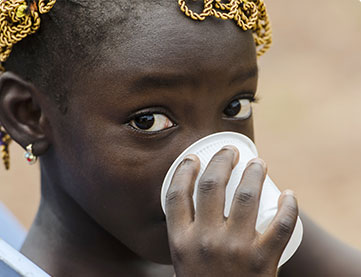
Salesian Missions includes agriculture in its vocational training programs – to ensure that youth of Rwanda learn better agricultural practices as well as keep the school self-sustaining in the face of the country’s food shortages.
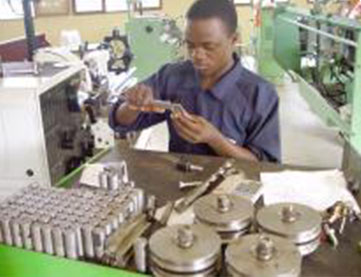
Salesian Missions includes agriculture in its vocational training programs – to ensure that youth of Rwanda learn better agricultural practices as well as keep the school self-sustaining in the face of the country’s food shortages.